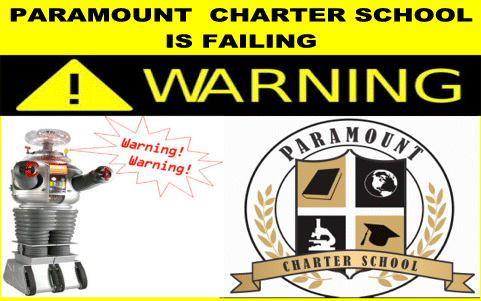Doing Well By Doing Good: For-Profit Schools

For all of the three-decade hype about how business practices applied to K-12 schools will make them more efficient and high performing, a short hop and skip through the past half-century of for-profit companies failing in the education market might illustrate how applying market-driven practices to improve schools and make money at the same time is tough for even shrewd entrepreneurs.
The argument that for-profit schools cannot succeed because they seek to make money out of the public coffer is not one I make here. There are such “good” schools and they do thrive (see here and here). Keep in mind that other institutions entwine for-profits with public operations such as the space program, hospitals, prisons, and transportation. Government and profit-driven companies have worked together for decades.
And that is why the historical record of businesses contracting with public school authorities is one that should be known well by the current generation of school reformers.
In 1969, Behavioral Research Laboratory, contracted with the largely black Gary (IN) district to raise test scores in reading and math in the Banneker elementary school. They failed. BRL is no more.
Dorsett Educational Systems in 1970-1971 took over a school in Texarkana (AR) contracting to raise 350 children one grade level in reading and math after 80 hours of instruction. They failed. DES is no more.
In 1970, Westinghouse Learning Systems contracted with Gilroy (CA) to take over the Eliot elementary school to raise test scores in reading and math. They failed. WLS is no more.
I could give many more examples of for-profit corporations seeking to make money from operating schools through performance contracting when districts were flush with federal funds from the Elementary and Secondary Education Act in the late-1960s and early 1970s–but I won’t. Failure in doing what seemed to be a fairly straightforward job–raise student test scores–proved unattainable by some of the best and brightest business leaders of the day.
These corporations tripped badly and eventually disappeared or were swallowed Doing Well By Doing Good: For-Profit Schools | Larry Cuban on School Reform and Classroom Practice:


